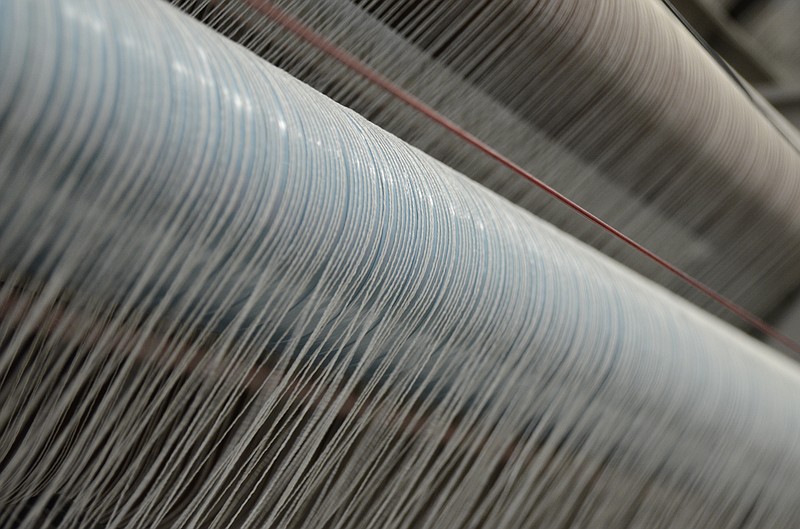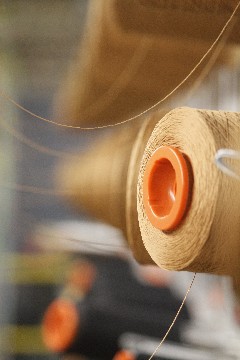The Dixie Group improved its profitability in the second quarter despite a dip in residential carpet sales and the ongoing consolidation costs as the company combined facilities to save money in the long run.
The carpet maker said Wesdnesday it earned $516,000 on about $110 million in sales from continuing operations.
Dixie Group's operating income in the second quarter was $2.2 million. Last year, it was $588,000.
A year ago, Dixie Group reported around $108 million in sales but $500,000 in losses in continuing operations.
In Wednesday's report, Dixie reported higher-than-expected medical costs on its self-insured plan and officials said the company is still absorbing restructuring process, both of which drove operating expenses a little higher than hoped for.
Jon Faulkner, chief financial officer, said the company has been "experiencing higher medical costs partly due to Obamacare and the changeover we've seen in expenses."
"The whole medical expense equation seems to have changed," he said.
To offset rising healthcare costs, Dixie is raising employee rates and incorporating preventive care measures. The company is rolling out a new self-insured plan next year.
Meanwhile, Dixie Group also recently consolidated a couple of its California dye plants and is in the process of consolidating a handful of its East Coast facilities and offices, its Chattanooga office included.
Faulkner said while Dixie will remain a Tennessee-registered corporation, the company is bringing together three existing divisional and corporate offices at a central location in Dalton, Ga. Dixie will maintain a small space at the Volunteer Building on Georgia Avenue, where its Miller & Martin legal team is located.
One of the two Dixie staffers employed in Chattanooga, spurring the consolidation with the Dalton office.
Faulkner said changing over to a Georgia corporation would simply be a costly process with no real benefit to Dixie Group, so the company is leaving things as they are.
Dixie is also still rounding out production at its Atlas Mills properties, after buying out the Los Angeles-based maker of high-end commercial floor coverings last May.
In Wednesday's report, Dixie Chairman and CEO Dan Frierson said Atlas "was still underperforming relative to the prior year, as we were delayed in getting out our new product introductions" last year.
"Excluding Atlas Carpet Mills, our sales growth for the quarter on a year-over-year basis was 4.6 percent," he said.
Including Atlas Mills figures, Dixie's year-over-year sales were 1.9 percent ahead of last year.
Commercial sales stayed strong for Dixie, though, even increasing almost 7 percent in the second quarter of this year over the same time a year ago.
Residential sales, on the other hand, presented a mystery for company officials after starting strong in April then sputtering through May and June - bucking the norm, said Faulkner.
Normally, the first weeks of the quarter are a good barometer for what's coming. A fast start with a slow finish is uncommon.
"It's a little unusual," said Faulkner. "We don't really know what caused the lull. Hopefully it's a one-time event, not a trend."
He and other company officials had a positive outlook for the third quarter of the year.
Dixie's stock price dropped by 51 cents per share, or more than 4.9 pecent, to close Wednesday at $9.85 per share in trading on the Nasdaq exchange.
Contact staff writer Alex Green at agreen@timesfreepress.com or 423-757-6480.

